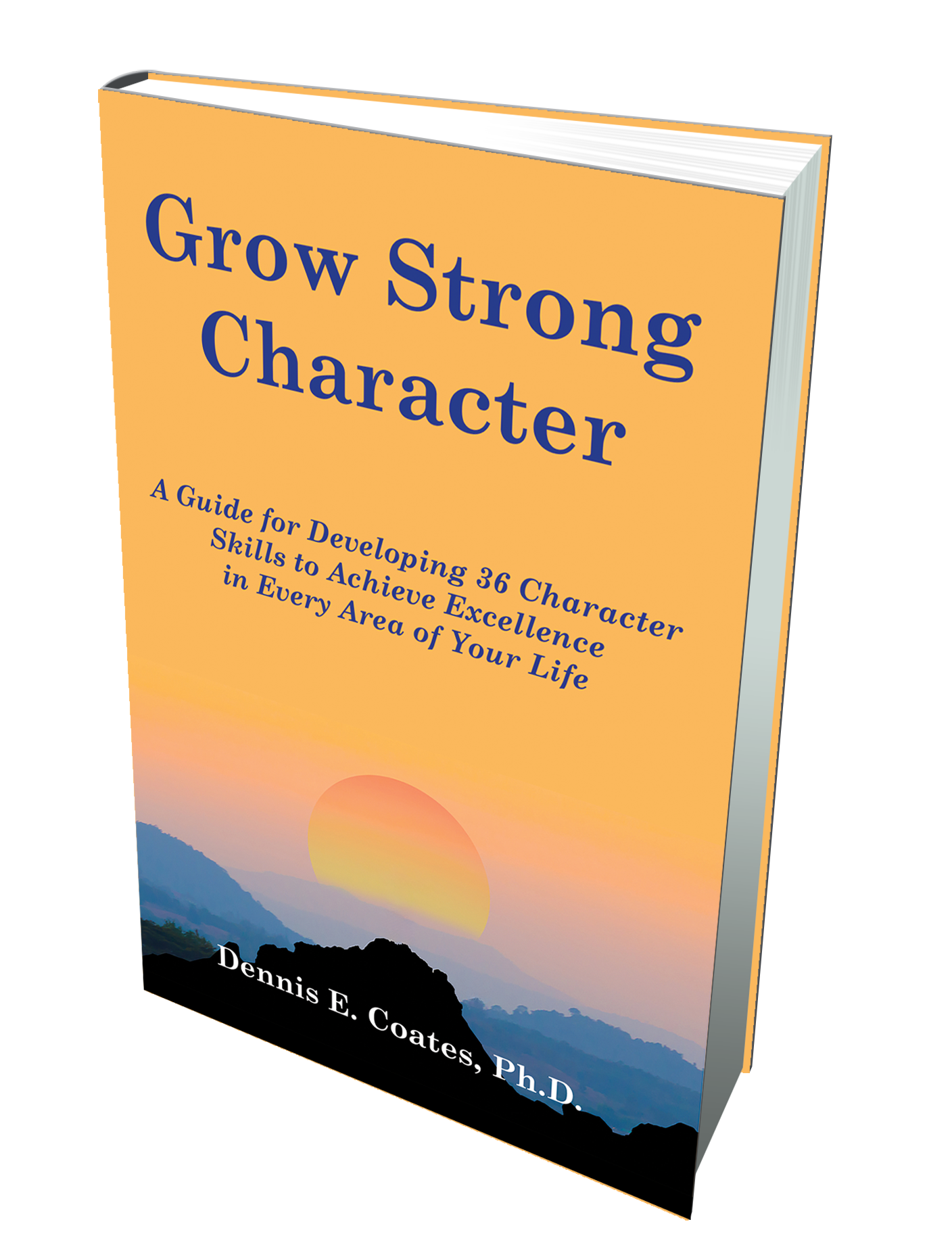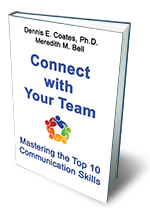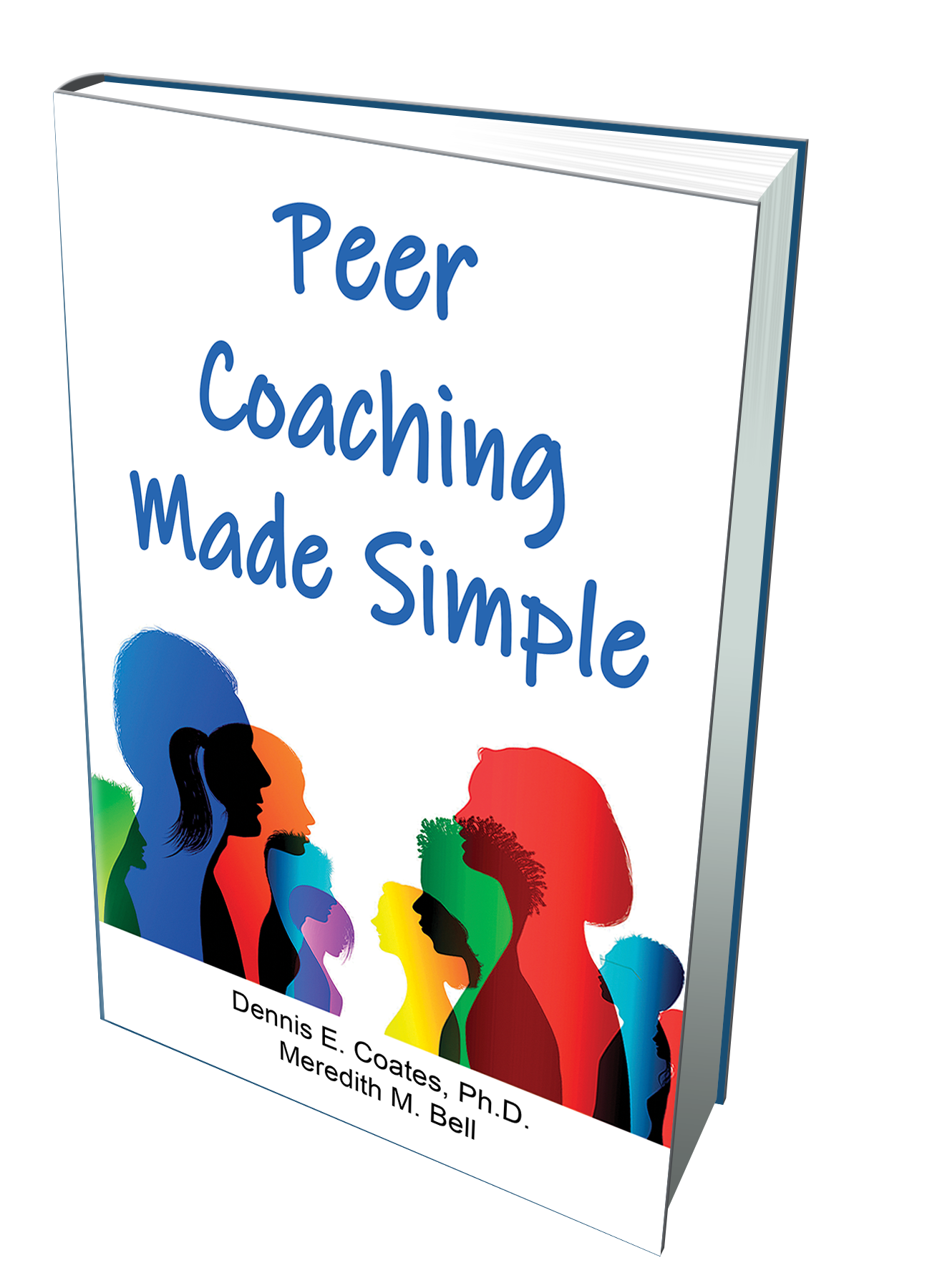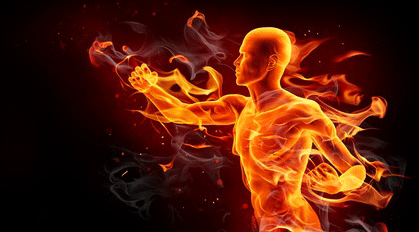
The Power of Courage
The Power of Courage
By Dr. Denny CoatesIn 1980, I researched Army training practices to write a manual for junior leaders on how to train soldiers. I traveled to various units to observe best practices. One of these was Special Forces training at the John F. Kennedy Special Warfare Center at Fort Bragg, NC, where I saw trainees who were challenged to display courage.
On the day I visited, they were being introduced to rappelling skills. About a dozen drill sergeants barked at the soldiers as they climbed the tower, learned how to tie a seat, and took their first descent over the edge. It was loud, chaotic, and stressful.
I decided I needed a closer look, so I climbed the tower myself. At the top, I witnessed young men struggling to maintain their composure under the pressure to perform and the fear of going over the side unassisted. I wondered if the stress created by the drill sergeants had a positive learning effect. I was jolted out of my musings by one of the sergeants who came up to me and said, “Well, Major, are you going to stand there and watch, or are you going over the side?”
With a challenge like that, how could I decline?
What he didn’t know was that I had mastered rappelling skills in the Army Ranger School. I had climbed 100-foot rock faces without safety ropes. I had rappelled down mountain cliffs numerous times.
So I quickly walked over, tied my seat, and went over the side. I negotiated the 30-foot distance in one leap, braking for a soft landing. I went to the bleachers and sat next to an old sergeant-major as I watched the trainees cope with their fear.
Soon, the session was over, and the sergeant-major invited me to stick around and watch the families of the cadre use the rappelling tower. This time, there was no shouting, only laughter and encouragement. It was just a bunch of women and kids having fun. I watched little ten-year-old girls playfully do what 20-year-old male Special Forces trainees struggled to do. The kids saw the rappelling tower as some super-cool jungle gym. They had no fear at all, so the rappelling activity was ridiculously easy. They climbed the tower over and over. They couldn’t get enough of it.
Leap the great leap, and you’ll cross the chasm.
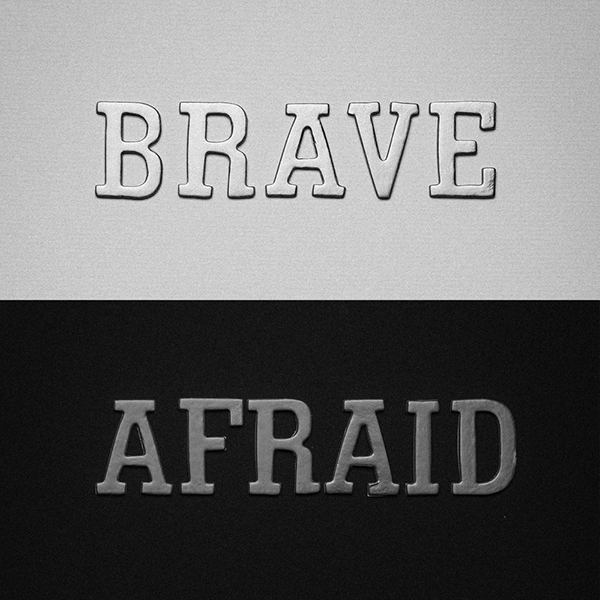
For me, this experience illustrated that fear arises from our perception of the situation, which can vary from person to person. The rappel was exactly the same challenge for both the soldiers and the kids, but the soldiers had to face their fears in order to do it. They risked failure, humiliation, disqualification, and, they thought, personal injury. For those who succeeded—and not all of them did—it was a big deal. The training gave them a victory of courage and self-confidence.
The soldiers who successfully completed the many months of Special Forces training would later survive more challenges to their courage. In the end, they would become experts in dealing with fear—icons of mental toughness, ready for anything.
A Test of Courage
I’ve faced some interesting dangers in my life. In Vietnam, I was an advisor to Vietnamese infantry soldiers. This meant that I was involved in some kind of combat operation several times a week—airmobile assaults, search-and-destroy missions, night ambushes, and so forth.
I came under fire more times than I can remember, but I don’t remember being afraid. For me, the main feeling was irritation. I was angry that someone was trying to kill us and that I would now have to deal with it.
Mostly, I remember concentrating on managing all the activities related to close combat. I had to have a clear head to keep higher headquarters informed, assess the situation, communicate with my Vietnamese counterpart, direct movement and fire, deal with problems, request fire support or medical evacuation, and manage it when it arrived. Naturally, a person couldn’t do all that if he felt fear. If fear raised its ugly head, it had to be shoved aside. Lives depended on it.
A Different Kind of Fear
I remember being afraid one night in 2001. The economy had been in a recession after the stock market “tech bubble” burst. When it looked like the economy might recover, 9/11 happened, which caused confidence in the economy to tank even further. My business was to supply organizations with learning and development resources, and funds for tools like these were the first to be cut off. Our sales plummeted, with no hope in sight. I remember thinking that something dramatic was about to happen to my company. We might even go out of business. I imagined the scenarios, and yes, I felt real fear. But we focused on creative solutions, and wonderful things have happened for us since then.

Fear is a healthy, natural emotion. It’s a whole-body alarm to help you sense danger so you can do what you need to do to avoid loss, harm, or death. The question is, when you’re threatened, what will you do next? Will you act to prevent loss, harm, or death? Will you take a chance to open a door of opportunity?
I find Norman Vincent Peale’s words empowering: “Too much caution is bad for you. By avoiding things you fear, you may let yourself in for unhappy consequences. It is usually wiser to stand up to a scary-seeming experience and walk right into it, risking the bruises and hard knocks. You are likely to find it is not as tough as you had thought. Or you may find it plenty tough, but also discover you have what it takes to handle it.”
What is courage?
When you feel discomfort or fear in an unknown or dangerous situation, courage is about thinking before you react. When faced with a worrisome situation, it’s natural to feel anxiety or fear—your body’s instinctive response. By setting aside your instinctive reaction long enough to think before you act, you can evaluate your situation—the risks and rewards—to decide what you should do and take effective action.
Why is courage important?
While fear is a natural and useful reaction to danger, if it continues to dominate your response, you probably won’t be able to do what needs to be done. Instead of retreating to safety, success will come from setting fear aside so you can evaluate the situation, take prudent risks, and deal with it.
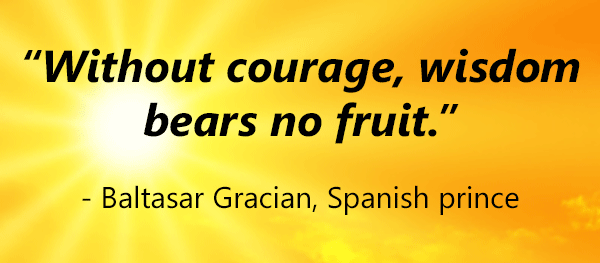
What you can do to strengthen your courage
- When faced with discrimination, oppression, or wrongdoing, take a stand for your principles by advocating for your rights and the rights of others.
- Express and defend your beliefs in spite of opposition. Voice an unpopular opinion, advocate for a cause, and refuse to compromise your values.
- Resist peer pressure to stay true to your personal values and principles.
- Take calculated risks while starting a new project, pursuing a challenging career change, or embarking on an adventure outside your comfort zone.
- Persist to overcome a personal fear or anxiety, such as a phobia.
- Exercise courage when engaging in extreme sports or activities that require overcoming physical limitations.
- Take bold action at work or in your life.
- Speak your mind regardless of how it may be received.
- When you notice people you know doing things that you don’t approve of, stand your ground. Don’t follow the herd.
The idea in all these actions is to keep fear from becoming a paralyzing emotion. If you feel fear, pay attention to it, but then quickly put it aside long enough to assess the nature of the risk. What are the chances that bad things could happen? How bad? What are your choices? What are the risks and the benefits of these options? I recommend that you work with a coach to discuss your experiences and learn from them.
Learn more about appreciation and dozens of other character-related behavior patterns in Grow Strong Character, which is one of the key resources in the leader development system, Grow Strong Leaders.
Grow Strong Character
Dennis E. Coates, Ph.D.

